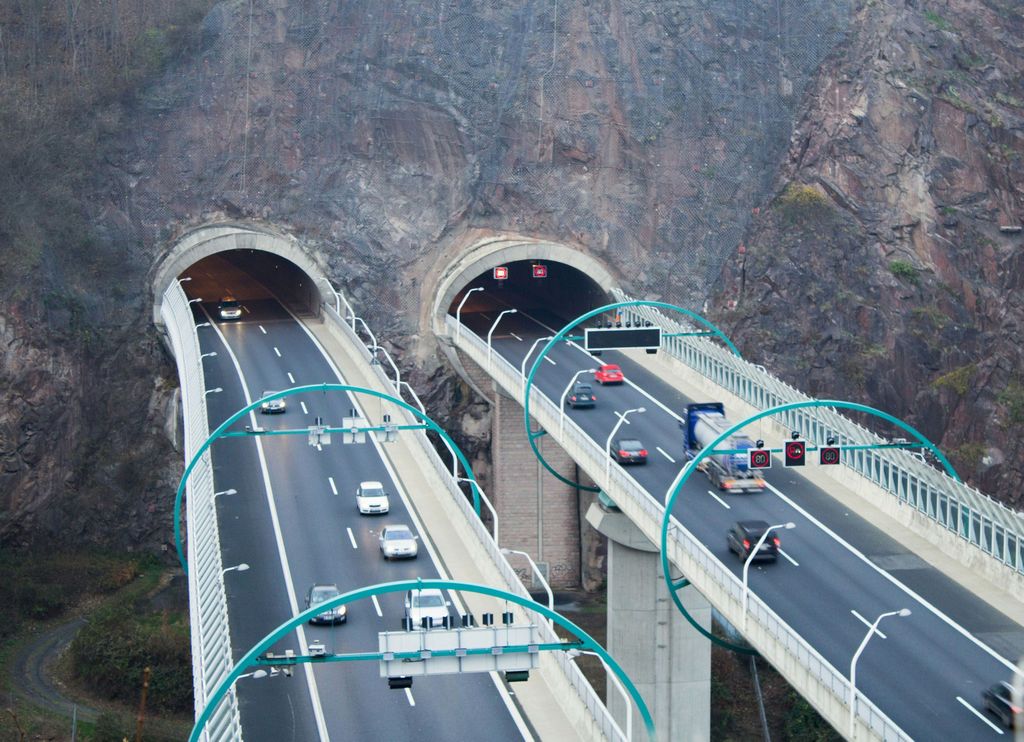Truck weight in Germany will be checked automatically to safeguard infrastructure
By ETX DAILY UP | 14 June 2025
PARIS: The federal controlled-access highway system in Germany (Autobahn), the Federal Office for Logistics and Mobility (BALM) and the German Federal Highway Research Institute (BASt) are launching a major project to monitor the weight of the heaviest vehicles traveling on Germany's busiest roads.
To this end, automated systems will be installed upstream of major structures, with the aim of preventing these vehicles from traveling on bridges that are already weakened or vulnerable to damage.
As part of this project, piezoelectric sensors will be integrated into the road surface. They will measure the passage of each vehicle via the pressure exerted by each axle and then send an electrical signal that will automatically estimate the total weight of the moving truck.
If a vehicle exceeds the authorised limits, its registration number will be instantly displayed on a sign a few hundred metres further on, urging the driver to pull over to a designated stopping area.
There, a full static weight check will confirm whether or not the vehicle is overloaded. If the vehicle is overloaded, it will be immobilised and its cargo may be adjusted so that it can be allowed to continue its journey.
In addition, a fine will be systematically imposed, ranging from US$30 to US$450 (from RM127 to RM1,900) depending on the extent of the excess weight. For the time being, the scaling of penalties and the maximum weight allowed on the road have not been announced.
A first pilot site is soon to be set up on the A4 autobahn, near the Düren rest area (North Rhine-Westphalia) between Aachen and Cologne, on a major freight transport route.
It is scheduled to go into operation in spring 2026. By the end of 2028, 16 sites spanning the country's main freeways should be covered by this system.
The primary objective is to protect existing infrastructure that has been weakened over time, with heavy loads accelerating wear and tear on bridges and roadways.
But road safety is also at stake, as heavier trucks have much longer braking distances, which increases the risk of accidents.
Tags
Autos News
Reviews

7.6
Denza D9 Premium AWD: Alternative indulgence

8.1
Mazda BT-50 High Plus: Big and bold

7.2
BMW 218 Gran Coupe Sport: First step into the next level

7.5
Suzuki Fronx: Cute city slicker

Nissan Serena e-Power: Big easy in the city

8.2
BYD Atto 2: Urban by nature

2026 Proton Saga: Right gear for the job

7.6
Honda Africa Twin Adventure Sports ES: Rugged refinement
Videos

BYD Atto2's rotating centre display

Free & Easy Media Test: Latest Proton X50 Flagship to Kuanta...

Zeekr Space Sunway City Video
